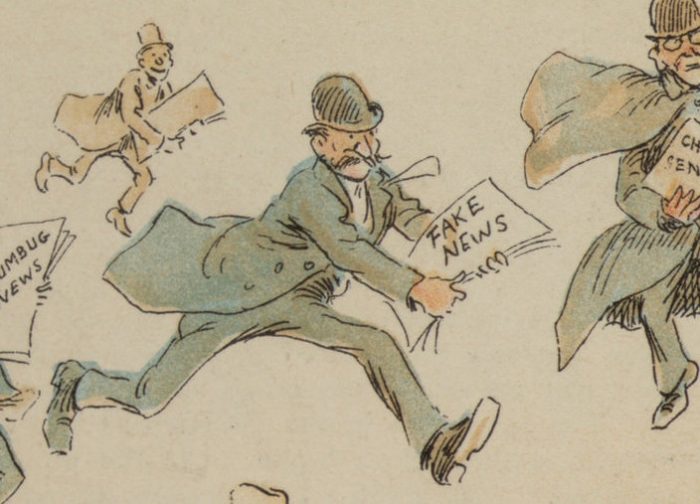
In their new article Maria Haigh, Thomas Haigh and Nadine I. Kozak, all of University of Wisconsin-Milwaukee, document the work practices of StopFake, an Ukrainian volunteer fact-checking organization.
The authors frame the study within the study of online news practices and of fact-checking work. Mixed qualitative methods were used to gather data about StopFake.org’s work.
StopFake conducted much of its work through email and social media: the same internet tools used by Russian trolls to spread peer-to-peer propaganda also empowered StopFake.
The study shows that StopFake has adapted the “traditional” fact-checking technique to challenge a state-sponsored campaign of systematic misrepresentation. StopFake also evaluates news stories for signs of falsified evidence, whereas traditional fact-checking sites evaluate nuanced political claims but assume the accuracy of reporting, the authors argue. StopFake turned fact checking into a counter-propaganda weapon.
The article “Stopping Fake News: The work practices of peer-to-peer counter propaganda” was published by Journalism Studies. It is available here.
Original picture: fake-news-detail-2 by The Public Domain Review, licence: Public Domain Mark 1.0